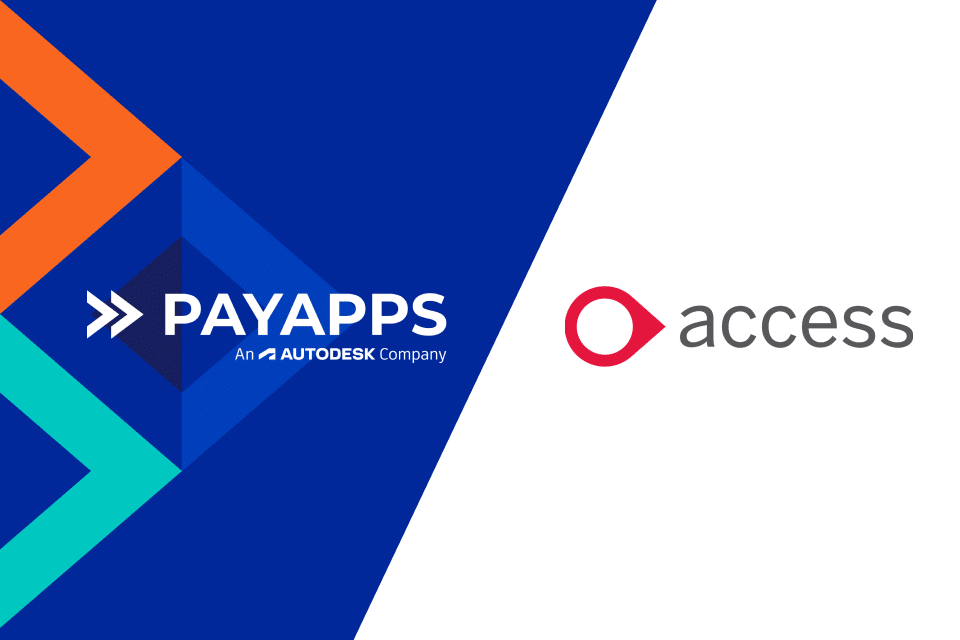Turbo-charging the application for payment process is not just great for subcontractor relationships, it tackles the scourge of payment disputes in the construction sector.
Would you take on £16,000 worth of unpaid work every year? As charitable as this sounds, it’s not going to get the mortgage or bills paid. But that’s the sum every UK subcontractor is having to write off annually because of stand-offs with main contractors over work completed.
Being whacked with penalty clauses and withheld payments is no laughing matter when there are workers to pay or materials to buy for the next job.
It’s a £3billion-sized problem, highlighting that payment disputes in construction continue to blight the supply chains of projects large and small.
Many subcontractors will walk away after being bullied into submission; others will fight their corner to get what’s owed to them. But once lawyers get involved, the cost of these conflicts can escalate alarmingly. Legal disputes are time-consuming and incurring reputational damage on all sides.
When the choice involves spending £200 an hour on a lawyer, it’s surely time to stand back and look for a solution that prevents these legal shenanigans in the first place. Let’s go right back to the basics, starting with a greater appreciation of the clarity of a well-written contract. And a few lessons in financial management wouldn’t go amiss.
It’s disappointing that the construction industry has the worst payment record of any sector, accounting for 31% of all late payments.
The quest to find ways to ensure subcontractors are paid earlier is gathering pace. What are the options?

Invoice discounting
Invoice discounting can help to bridge the gap in funds by advancing an agreed percentage of an invoice. This provides subcontractors with the cash flow they need to move on to their next project. However, this form of supply chain finance can be hard to obtain because of the way construction payments are staggered, and increases the risk of insolvency.
Project Bank Accounts (PBAs)
If you’ve worked on one of the major public sector schemes, you may be familiar with Project Bank Accounts (PBAs). These allow payments to be made directly and simultaneously to all members of the supply chain. Funds are ring-fenced so there’s no risk if a main contractor goes bust.
PBAs, have been used by a number of large organisations, including Crossrail and the Scottish Government. However, payments applications still need to be validated and supported by accurate and timely information.
Overhauling payment processes
Achieving this harmony across the supply chain becomes a lot easier once all parties have ditched print-based processes in favour of automation. Going digital helps to solve the ultimate cause of late payment and makes it possible to standardise practices and communicate much more easily.
Automating application and payment processes
Nowhere is this collaborative approach more important than the troublesome application and valuation process. This is something of a monthly nightmare for subcontractors and project owners alike, and can tie up costly resources in making sense of the mounds of paperwork and irate email threads for days.
What it’s designed to achieve is a regular checkpoint where subcontractors itemise the work they’ve carried out that month and simply apply for payment on that basis. Simple? It should be – but it rarely turns out that way. Instead, it’s usually the starting point for a protracted – and sometimes heated – period of negotiation and dispute. The root cause of many a payment disputes can be found right there.
That’s exactly why we’ve built an online collaborative solution that everyone can access to get submissions and approvals sorted at an early stage. Besides making the processes simple, transparent and less fractious, it offers the advantage of supporting compliance with the recently amended UK Construction Act, which has introduced a standard timeline for responses and payments in the supply chain. And because it’s a cloud-based platform, the solution can be accessed anywhere, on the building site or in the office, on a laptop or a smartphone.
Everyone knows exactly where they stand, solving the problem at source is a fresh but crucial approach for transparency and improved relations across the supply chain, which will go a long way to ultimately minimising payment disputes and unnecessary cost in the construction sector.
Takeaways:
- £16,000 – the amount an average subcontractor writes-off in disputes every year.
- Payment disputes are time-consuming, costly and can ruin reputations.
- Digitisation addresses the problem at its source and improves visibility of processing costs and performance.
- A consistent shared working environment eliminates errors in the application for payment system.
- Collaborating using a single solution delivers real transparency, allowing all parties to know the valuation and payment approval status at every stage of the contract.





